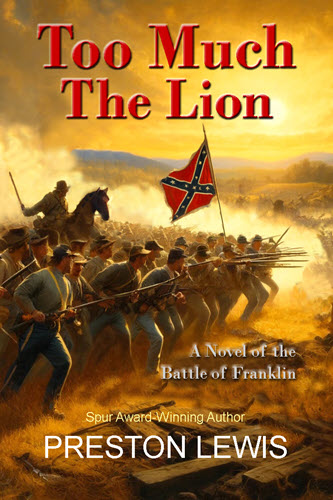Writing is a solitary occupation, just you and the blank screen or, before word processors, the blank page. Some would say reading is solitary as well, but I would disagree because you get to meet such interesting people, either the authors themselves or their subjects, through the printed or electronic pages they produce.
Consequently, most writers have an authors’ tree, much like a family tree, of individuals who have influenced or nurtured their writing careers by example, if nothing else, across decades or even centuries. For me, there were three such writing influences. The first was J. Frank Dobie, an American folklorist and writer, who taught English for many years at the University of Texas. He is credited by many for saving the Texas Longhorn as a breed.
While I can’t confirm that with certainty, what I can say is his book The Longhorns was one of the most memorable I ever read. Growing up in West Texas, I was always close to the state’s ranching heritage, but it was The Longhorns that fleshed out that history and fired my love of the Old West. I remember checking The Longhorns out of the library at Pease Elementary and devouring it. He saved the lore of the cowboy and the cattle drive for posterity.
Though many have written about the cowboy era, no one else has done it as well nor with the same authority and authenticity as Dobie. He was a born storyteller, who respected the work of the common laborer, which was basically what the cowboy was in the frontier era. Dobie preserved their stories and legends so that schoolboys like me could ride with the cowboys of old without ever leaving our bedrooms. My interest in writing about the Old West sprang from reading all the Dobie books I could check out of the elementary school library, including The Mustangs and Coronado’s Children, a collection of tales about lost mines and treasures of the West.
Later, I read his stories in True West, and one of my proudest writing moments was following in his footsteps and having some of my articles published in True West as well, including one, “Bluster’s Last Stand,” which won a Spur Award. The Longhorns marked my first exposure to Old Blue, Charles Goodnight’s famous lead steer, which I later wrote about in my young adult novel They Call Me Old Blue.
For his writing and folklorist career, President Lyndon Johnson in the fall of 1964 awarded Dobie the Medal of Freedom. Four days later on September 18, Dobie died. Though his voice was stilled a half century ago, his words live on and to this day hold an honored place on my bookshelves.

